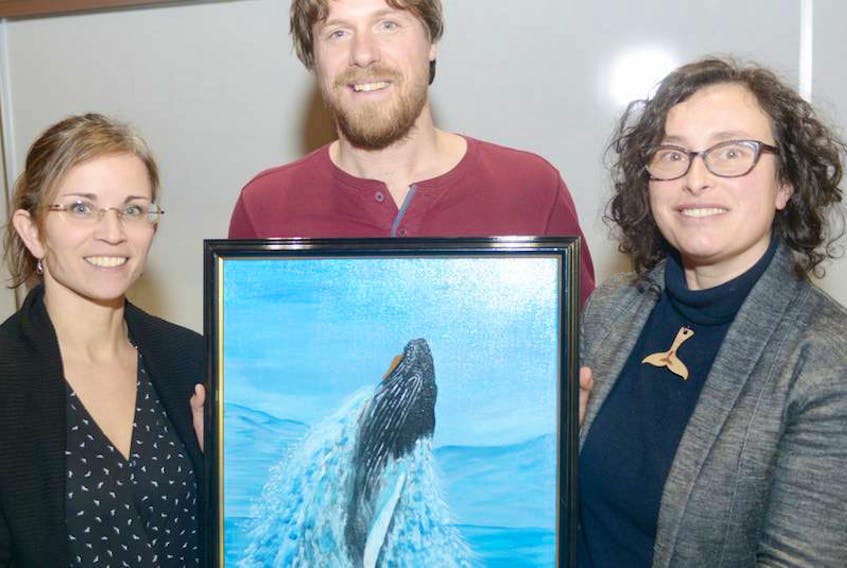BY KATELYN RICHARD
GUEST OPINION
As students in UPEI’s environmental studies program, we are taught that environmental assessments are only effective if they are carried out by unbiased parties. The recently drafted federal legislation concerning environmental assessments ignores this fundamental rule and instead allots more authority to oil and gas boards in offshore drilling assessments. The draft Bill C-69 was meant to improve environmental assessment processes in Canada but is seen by many to be a step backwards.
Despite the Liberals’ promise to increase the credibility of environmental assessments, they have bowed to the pressure from the oil and gas industry, and proposed ‘joint assessments.’ In these joint assessments, offshore petroleum boards would be able to advise and even participate in the assessments while also expanding the limitations of which assessments they may participate in; from activities like seismic testing to all offshore projects, including drilling.
It is no secret that oil and gas companies want to expand offshore oil exploration in attempt to increase supplies of the dwindling non-renewable resource. By giving the petroleum boards more power in environmental assessment processes, we are risking more exploitation of an already threatened marine ecosystem.
The Atlantic provinces, including Prince Edward Island, rely
heavily on our oceans for jobs, food, non-potable water, climate stability, and for many other aspects of our day to day lives. In P.E.I. alone, as many as 8,500 people rely on fisheries as a source of income; this is an industry that provides over $536 million to the province’s economy.
Many unique and ecologically important marine species thrive in our cold ocean temperatures. The Gulf of St. Lawrence is home to many of those species, including the endangered right whale, blue whale and leatherback turtle. In the face of a destabilized environment and climate, we should be focusing on decreasing dependence on non-renewable energy sources rather than allowing further oil and gas exploration in these ecologically-sensitive waters.
It should also be noted that several expert panels were consulted during the process of drafting this Bill, and that many of those experts expressed that oil and gas companies should have no involvement in the assessment process.
Lisa Mitchell, the executive director of East Coast Environmental Law, recently explained in an interview with the Sierra Club Canada Foundation that “new emphasis on regional and strategic environmental assessments, as laid out in the draft Bill, are intended to incorporate concerns about protecting ecologically sensitive areas, fishing grounds, and endangered species. However, if the offshore boards are granted more powers, these positive developments will be tainted from the start.”
Clearly, the involvement of offshore boards in environmental assessments creates a conflict of interest. How can we expect environmental assessments to take the necessary steps to protect our oceans when they are carried out by bodies whose interest is to expand the industry?
The Offshore Alliance, a coalition of 19 environmental, fishing, and community groups in Atlantic Canada, has expressed unanimous concern over the decision to include petroleum boards in environmental assessments. At a recent fundraiser put on by Save Our Seas and
Shores P.E.I. (one member of the Offshore Alliance), Islanders also raised concerns about this decision. We know that our voices together can make a difference – decision-makers need to hear that we won’t tolerate compromising the sustainability of our marine ecosystems.
- Katelyn Richard is a fourth-year environmental studies student at UPEI and a member of Save Our Seas and Shores P.E.I.









